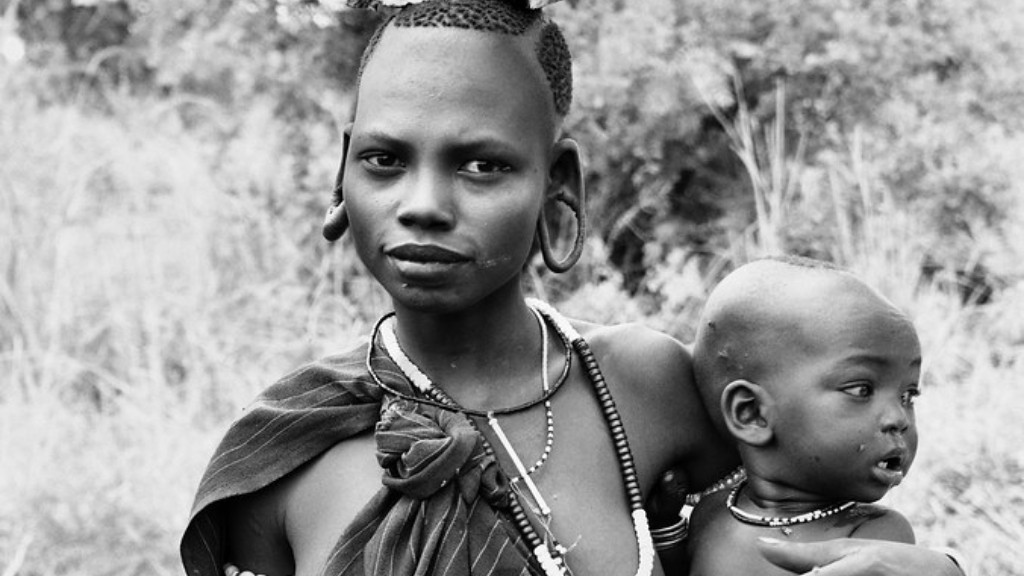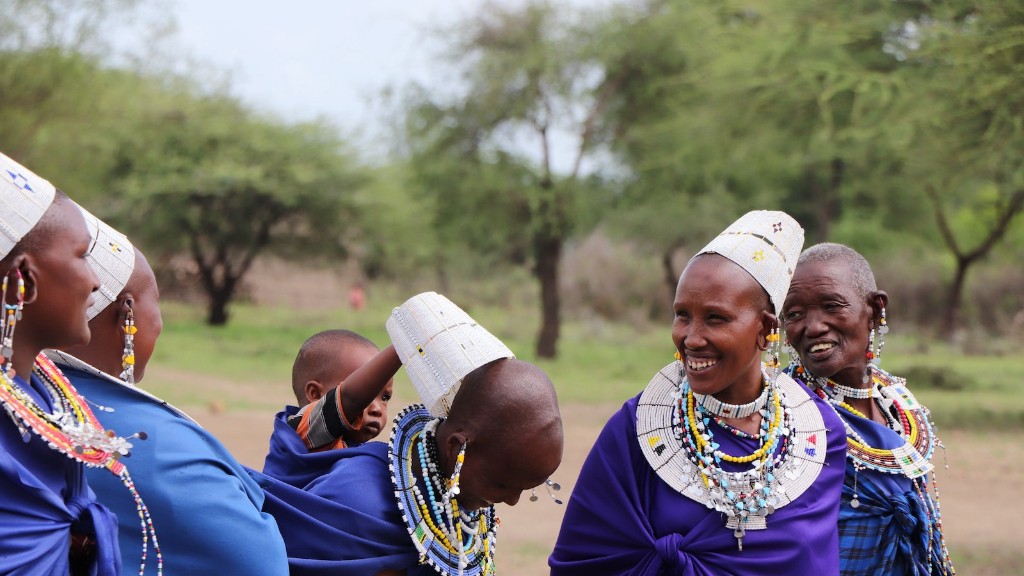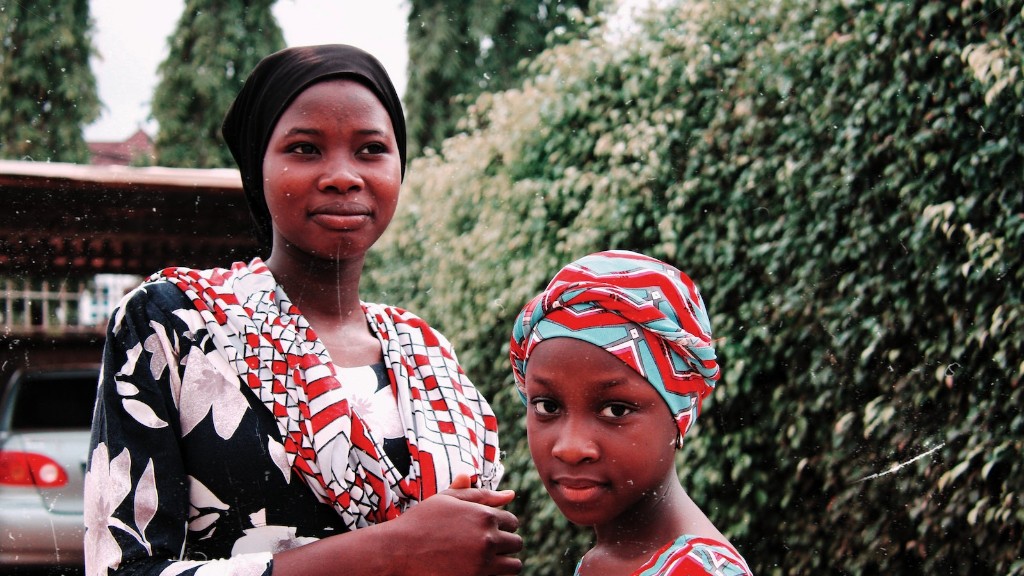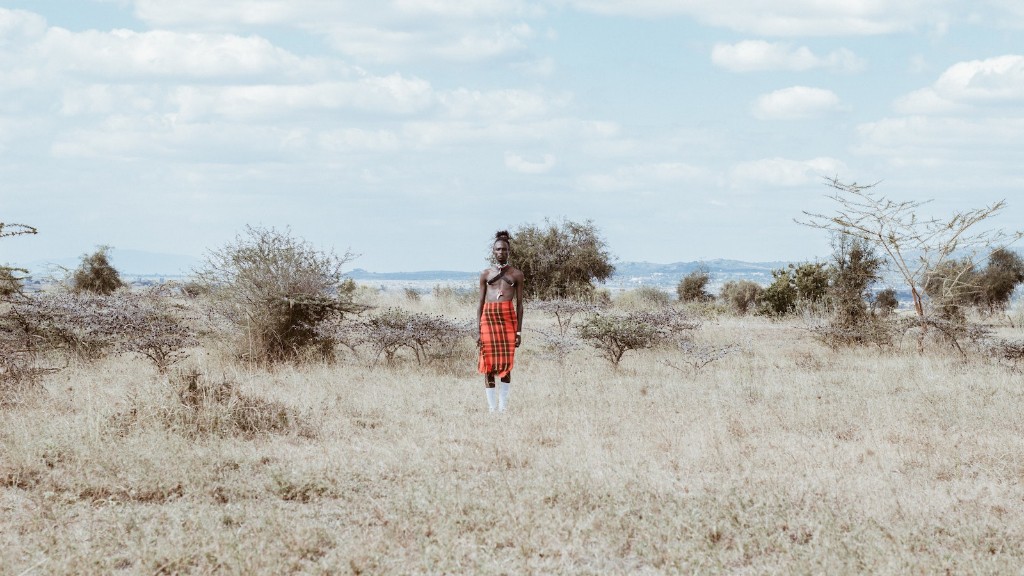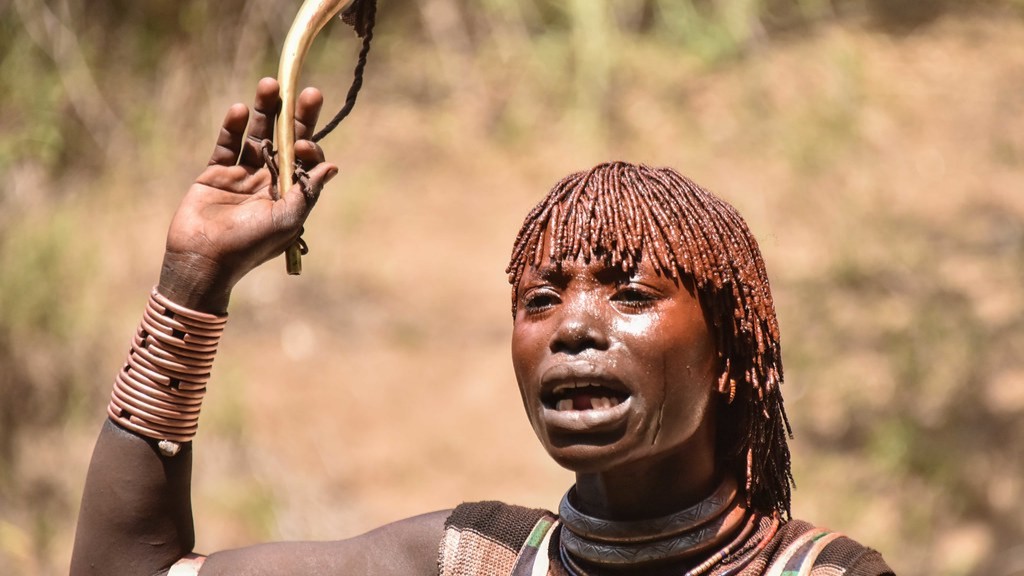A Journey into the Diversity of African Tribes
When envisioning Africa, it is impossible to overlook the cultural richness and diversity that exists among its tribes. From the vast deserts of the Sahara to the lush rainforests of Central Africa, each tribe has developed unique customs, languages, and ways of life. National Geographic has long been captivated by these African tribes and has dedicated its resources to uncovering their stories and preserving their traditions. In this article, we will delve into the fascinating world of African tribes, exploring their history, traditions, and present-day challenges.
Discovering the Rich History
To fully appreciate the African tribes of today, it is vital to understand their historical roots. The earliest evidence of human civilization can be traced back to Africa, making it the cradle of humanity. It is believed that African tribes have existed for tens of thousands of years, with each one developing its own distinct traditions, belief systems, and social structures. This rich history has shaped the complex tapestry of African cultures that we see today.
The Diversity of African Tribes
With more than 2,000 distinct ethnic groups, Africa is a continent of immense diversity. The Maasai tribe of East Africa, known for their vibrant attire and warrior traditions, contrasts with the secretive Himba tribe of Namibia, famous for their intricate hairstyles and ochre-dyed skin. The Dogon people of Mali have captivated anthropologists with their deep astronomical knowledge, while the Wodaabe tribe of Niger mesmerizes with their elaborate beauty contests. Each tribe offers a unique glimpse into the human experience and their deep connection with the land.
Preserving Traditions in the Modern World
As the world rapidly changes, so too do the lives of African tribes. Globalization, urbanization, and climate change pose significant challenges to the preservation of ancient traditions. In an effort to document and protect these fading practices, National Geographic has embarked on numerous expeditions to African tribes. Their goal is to raise awareness about the importance of cultural preservation and to provide support to local communities through initiatives such as education and sustainable development.
Insights from Experts
Experts in the field of anthropology have long studied African tribes, offering valuable insights into their cultures and ways of life. Dr. Jane Goodall, renowned primatologist and UN Messenger of Peace, emphasizes the interconnectedness of all cultures and the importance of preserving their diversity. She states, “The beauty of Africa is not only in its landscapes but also in its people. We must recognize the rich cultural heritage they embody and work together to protect it.” These and other experts remind us of our collective responsibility to safeguard the heritage of African tribes.
The Future of African Tribes
While the challenges are significant, African tribes continue to adapt and find innovative ways to preserve their traditions. Many tribes have found a balance between ancestral practices and modern influences, leveraging technology to share their cultural wealth with the world. Social media platforms have become powerful tools for tribes to raise awareness, promote tourism, and encourage dialogue among different cultures. This newfound visibility offers hope for the future, as it fosters a sense of pride and unity among African tribes and encourages the younger generation to embrace their heritage.
Exploring the Vibrant Music and Dance
Music and dance are integral elements of African tribal life. In this section, we will unravel the captivating rhythms and movements that define these tribes’ musical and artistic expressions. From the soul-stirring beats of the Djembe drum in West Africa to the lively footwork of the Zulu warrior dance, each tribe has its distinctive forms of self-expression through music and dance. Through interviews with tribal musicians and dancers, we will delve into the emotional power of these art forms and their role in cultural identity.
Uncovering African Tribal Medicinal Practices
African tribes have long relied on their extensive knowledge of indigenous plants and traditional healing practices to maintain their health. In this section, we will explore the healing traditions of tribes such as the San people of Southern Africa, renowned for their use of plant extracts for various ailments. We will also examine the relationship between spirituality and healing, as many African tribes believe in the interconnectedness of the physical and spiritual realms. Through interviews with tribal healers and modern medical practitioners, we will gain a deeper understanding of Africa’s rich medicinal practices.
The Impact of Colonialism on African Tribes
The colonial era had a profound impact on African tribes, disrupting traditional systems of governance, culture, and identity. In this section, we will explore the lasting effects of colonization on tribal communities and their ongoing struggle for self-determination. Through historical accounts, personal stories, and perspectives from experts in post-colonial studies, we will shed light on the complexities of this dark period in African history and its implications for the tribes’ present-day challenges.
African Tribal Art: A Window into the Spiritual
African tribes are renowned for their exquisite art, which serves as a visual representation of their spiritual beliefs and cultural values. In this section, we will delve into the symbolism and aesthetics of African tribal art, examining its spiritual and social significance. From the intricate masks of the Yoruba tribe to the elaborate sculptures of the Luba people, we will explore how art weaves together the tangible and intangible aspects of tribal life, acting as a bridge between the human and divine realms.
A Journey of Discovery
In conclusion, African tribes offer a captivating glimpse into the diversity and resilience of human cultures. Through their customs, traditions, and art, they provide invaluable insights into the richness of Africa’s heritage. However, as these tribes face unprecedented challenges in the modern world, it is essential for us to celebrate and protect their cultural legacies. By appreciating their stories and supporting their efforts for sustainable development, we can contribute to the preservation of Africa’s vibrant tapestry of tribes for generations to come.
